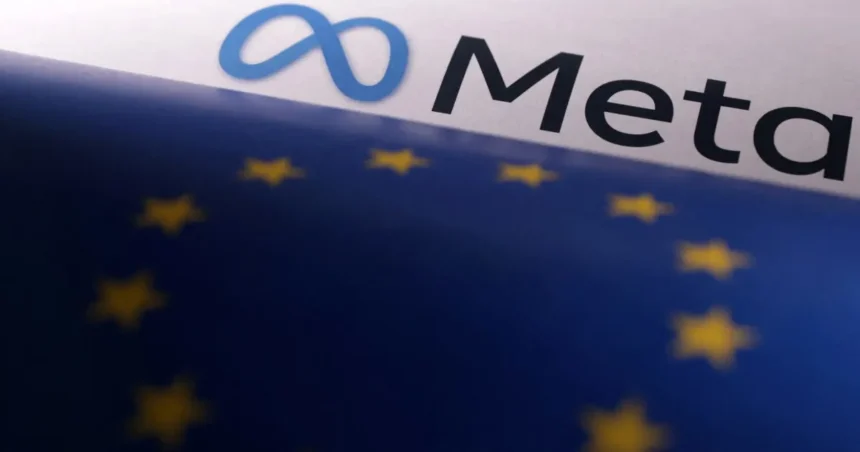Meta, parent company of Facebook, Instagram and WhatsApp, is once again under scrutiny by the European Union (EU) for its data practices. The EU Commission recently ruled that Meta’s “pay or consent” advertising model violates EU regulations. The commission’s decision presents the ongoing concerns about user data privacy and the power imbalance between tech giants and consumers.
What’s Happening & Why This Matters
The European Commission has determined that Meta’s advertising model does not provide users with adequate control over their personal data. Users of Meta’s services are currently required to either pay a subscription fee or consent to extensive data collection for personalized ads. The Commission argues that this model leaves users with insufficient options to protect their privacy.
Key Issues Highlighted by the EU Commission:
- Lack of Consent: Meta has been criticized for not obtaining explicit consent from users before combining data from its various services, including Facebook, Instagram, and WhatsApp.
- Data Overuse: The Commission asserts that the amount of data Meta collects and uses for targeted advertising is excessive and breaches EU rules.
- Competitive Disadvantage: The EU is concerned that Meta’s data practices give it an unfair advantage over smaller companies that do not have access to the same volume of user data. This hinders market competition and limits consumer choices.
EU Competition Commissioner Margrethe Vestager emphasized the importance of user control over personal data, stating, “We want to empower citizens to be able to take control over their own data and choose a less personalized ads experience.”

Implications for Meta:
Meta must revise its advertising model to comply with the EU’s Digital Markets Act (DMA). The company has been given an opportunity to make necessary changes before a final decision is reached. Failure to comply could result in significant fines, potentially starting at 10% of Meta’s global annual turnover and rising to 20% for ongoing violations.
“Subscription for no ads follows the direction of the highest court in Europe and complies with the DMA. We look forward to further constructive dialogue with the European Commission to bring this investigation to a close.”
Meta spokespersonTF Summary: What’s Next
The EU Commission’s ruling against Meta is part of a broader effort to regulate large online platforms and ensure fair competition. As the Commission continues to enforce the DMA, other tech giants, including Apple, have also come under scrutiny. Meta’s case underscores the need for tech companies to prioritize user privacy and data protection.
Meta, like other companies operating in Europe, will need to demonstrate compliance with the DMA to avoid hefty fines and further regulatory action. The company’s response to this ruling will be closely watched by regulators and other tech firms, as the outcome may set precedent for how user data should be managed.
— Text-to-Speech (TTS) provided by gspeech


